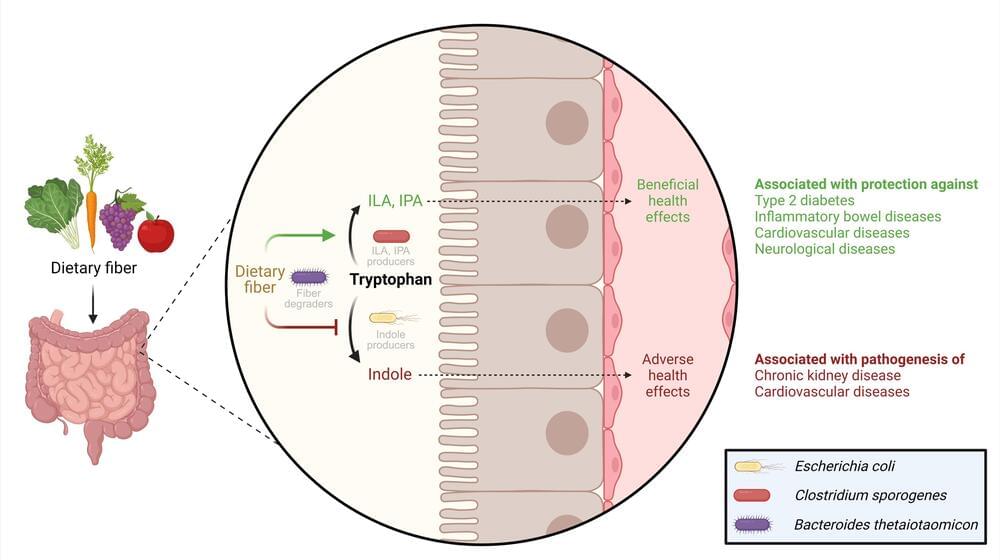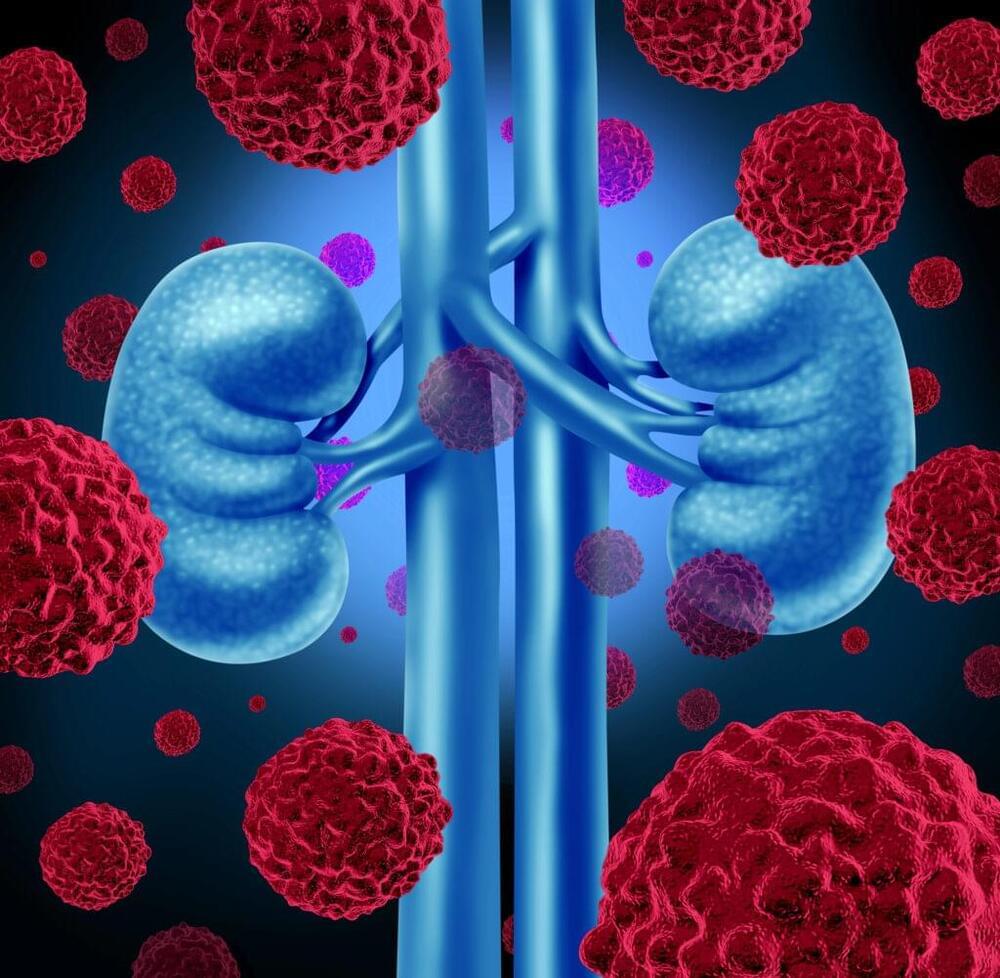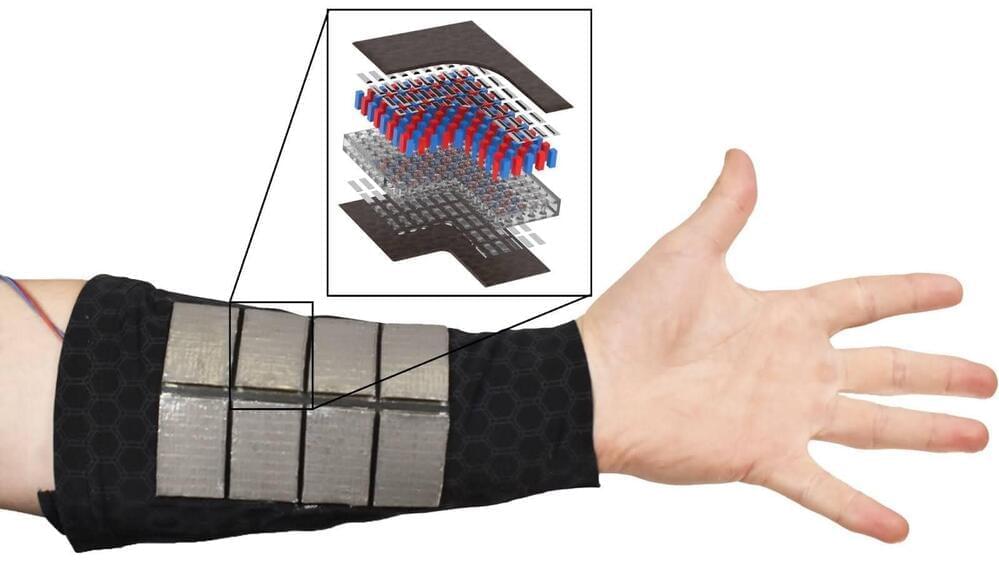Worm-Derived Therapeutics For Debilitating Diseases — Dr. Andrea Choe, MD, Ph.D. — CEO, Holoclara Inc
Dr. Andrea Choe, MD, Ph.D. is the CEO and Co-Founder of Holoclara (https://www.holoclara.com/), a company focused on creating novel, safe, orally bioavailable worm-derived therapeutics with a focus on indications such as allergies and autoimmune disorders.
While pursuing her doctorate at the California Institute of Technology, Dr. Choe uncovered a unique pheromone language shared by roundworms that may have evolved over hundreds of millions of years.
Dr. Choe’s research, including her discovery of novel molecules derived from worms that blocked formation of disease in animal models of allergic and autoimmune disease, has led to advances in the fields of evolutionary biology and extreme biology. Her work has become the foundation of Holoclara’s technology and mission to pioneer a new class of therapeutics that can provide relief for millions of people living with chronic and debilitating diseases.
Dr. Choe is a winner of the Emerging Women Founders in Biotech Award. She received her MD at USC Keck School of Medicine and her PhD at Caltech.








